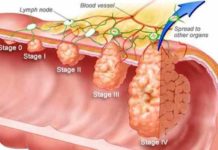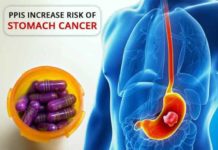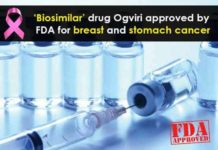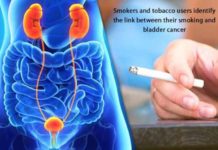
Alcohol consumption linked to increased DNA damage and cancer risk

Scientists at Cancer Research UK have demonstrated the role of alcohol in damaging DNA in stem cells. This explains how drinking increases the risk of cancer.
Most of the research on establishing the relationship between alcohol exposure and permanent genetic damage has been done in isolated cell cultures. However, in this recent study, mice were used to demonstrate the precise relationship between alcohol and cancer.
Mice were given diluted ethanol at the MRC Laboratory of Molecular Biology, Cambridge. Chromosome analysis and DNA sequencing were done to examine the damage done to the DNA by acetaldehyde – a harmful chemical produced when alcohol gets metabolized in the body.
It was found that DNA within blood stem cells could be broken or damaged by acetaldehyde that can form rearranged chromosomes, and can permanently alter the DNA sequence within these cells. Damaged stem cells can give rise to cancer cells.
These new findings demonstrated the role of alcohol in the development of 7 types of cancer, including breast and bowel cancer. It has been found that DNA damage can also occur by chance, which can also be increased by the consumption of alcohol.
The study also explained the mechanism by which cells try to protect themselves from the harmful effects of alcohol. Aldehyde dehydrogenases (ALDH), a group of enzymes found in the liver, break down acetaldehyde into acetate, which can be used as a source of energy.
Globally, millions of people, especially those from South East Asia, either lack these enzymes or have a faulty version of it. Therefore, acetaldehyde builds up in them when they consume large quantities of alcohol, eventually, causing a flushed complexion and the feeling of being unwell.
During this study, when mice lacking the critical ALDH enzyme, ALDH2, were given alcohol, the DNA damage was found to be 4 times more severe as compared to the mice having fully functional enzyme.
DNA repair systems form the second line of defense against the damage done by alcohol. In this, a cell tries to fix and reverse these DNA damages. However, this strategy does not always work. Also, there are some people, who are unable to carry out these repairs effectively because of certain mutations in their cells.
Alcohol causes more than 12000 cases of cancer in UK annually. Therefore, alcohol consumption in large quantities can leave some people with something more than a hangover, i.e., cancer.










